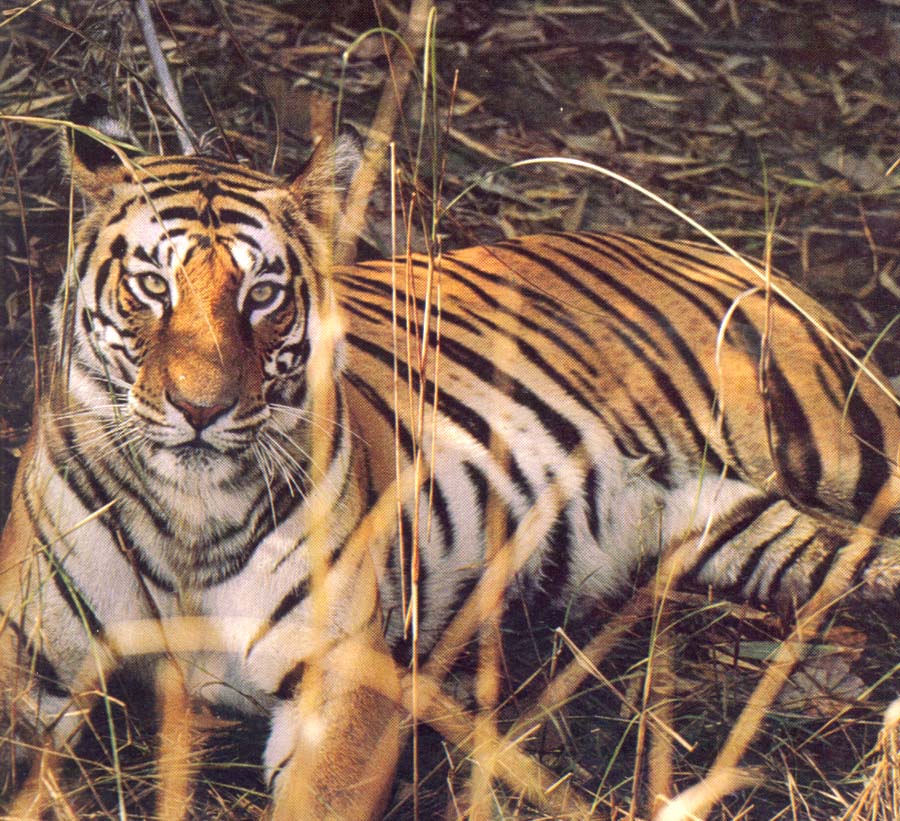APAP to hold technical event on human-wildlife conflict
From 5-8 November, the Asia Protected Areas Partnership (APAP) will be hosting a technical workshop on human-wildlife conflict (HWC). This is the third technical workshop that APAP has hosted since its inception in 2013. The learning event will take place in Bhutan, a country that has already developed a National Strategy on Human-Wildlife Conflict, and participants will include representatives from APAP member organisations.

Photo: IUCN Nepal
The workshop is being jointly organised by the Royal Government of Bhutan (RGoB), IUCN Asia and APAP, with financial support from the Japan Ministry of Environment and the RGoB. Technical support will be provided by the IUCN Species Survival Commission Human-Wildlife Conflict Task Force.
The workshop aims to help participants understand HWC within an overarching conceptual framework; develop an overview of HWC in Asia, including its underlying causes and impacts; share experiences and lessons from the Asia region; and identify emerging best practices and priorities for the future.
Both the frequency and severity of HWCs are increasing as human populations expand into wildlife habitat. In many parts of Asia, the proximity of rural communities to protected areas and their dependence on subsistence agriculture makes them particularly vulnerable to conflicts with wildlife, and can result in drastic loss of income. When these communities try to protect themselves by killing or injuring wildlife, the loss of those individuals can have a lasting negative effect on biodiversity, and HWC can also turn public opinion against conservation measures. There is an urgent need to reduce and mitigate HWC in Asia in order to protect rural livelihoods and maintain biodiversity.
Asia Protected Areas Partnership (APAP) has been designed as a key platform to help governments and other stakeholders collaborate for more effective management of protected areas in the region. The partnership was initiated in 2013 at the first-ever Asia Parks Congress held in Japan, and formally launched the following year at the IUCN World Parks Congress in Australia. It is chaired by IUCN, International Union for Conservation of Nature, and co-chaired by an APAP member organisation on a rotational basis, beginning with the Ministry of the Environment, Japan.



